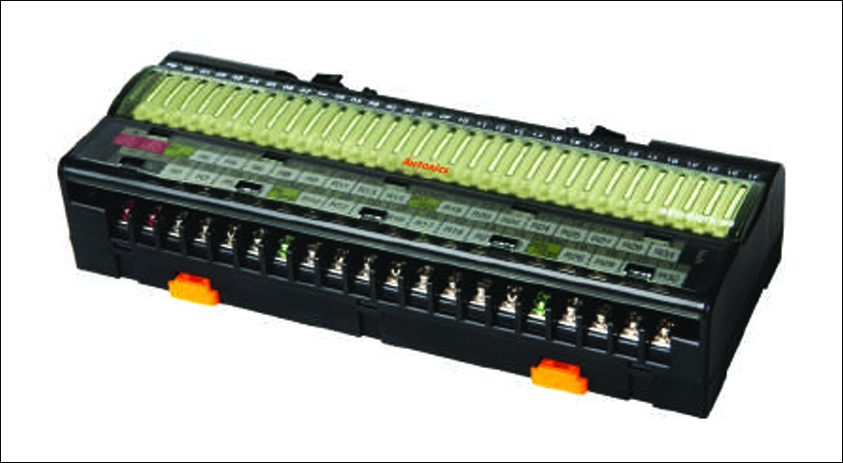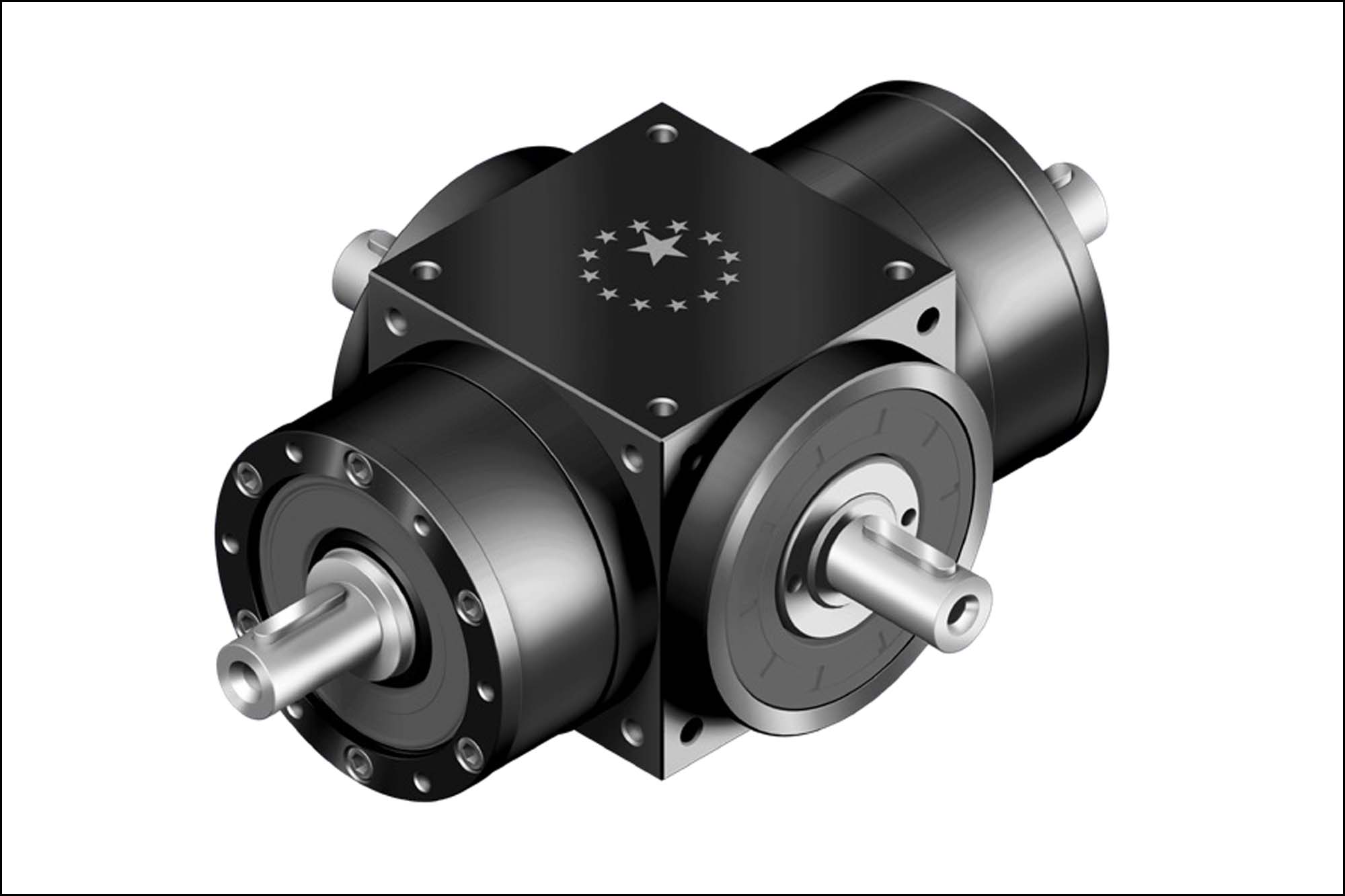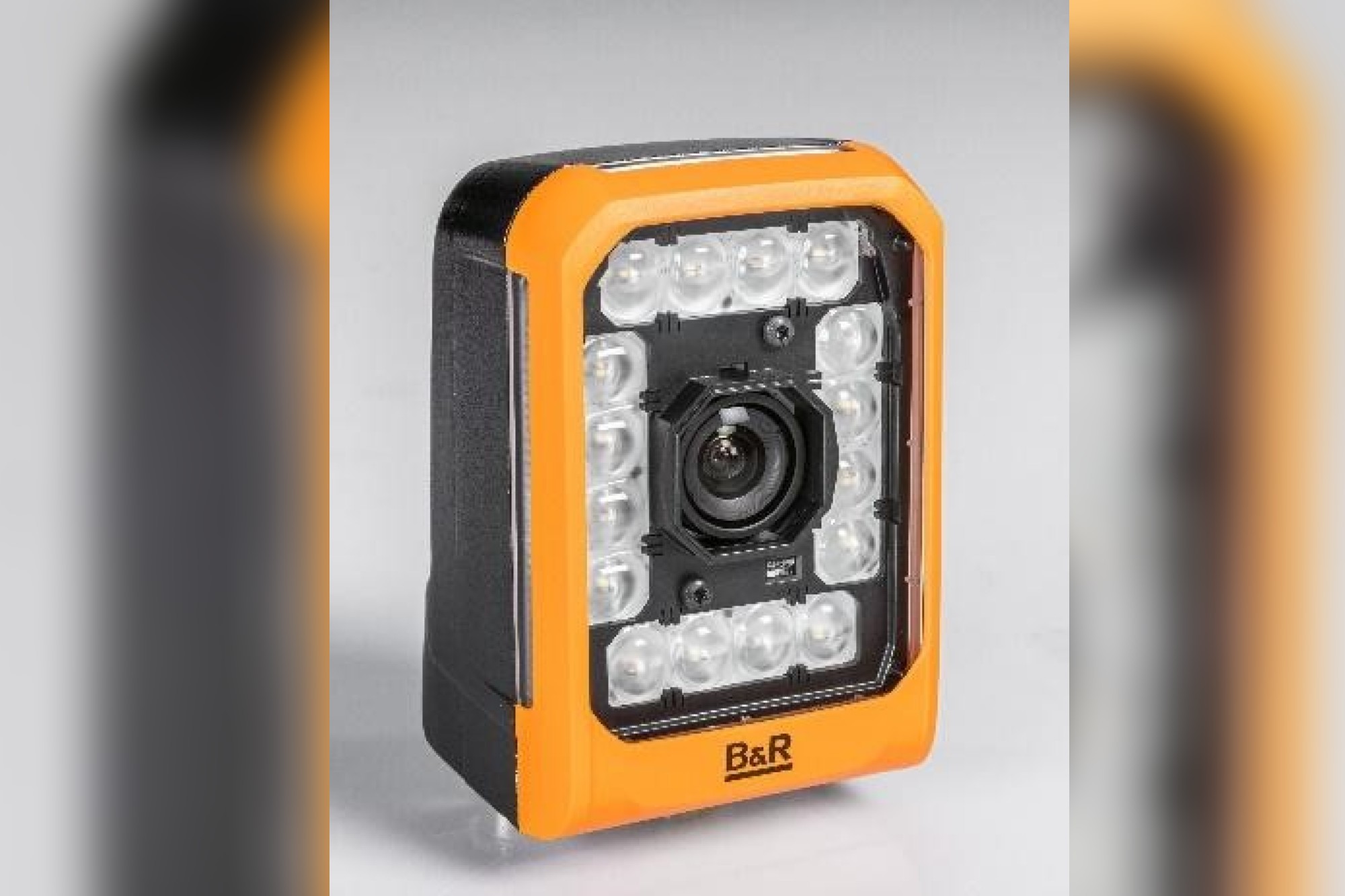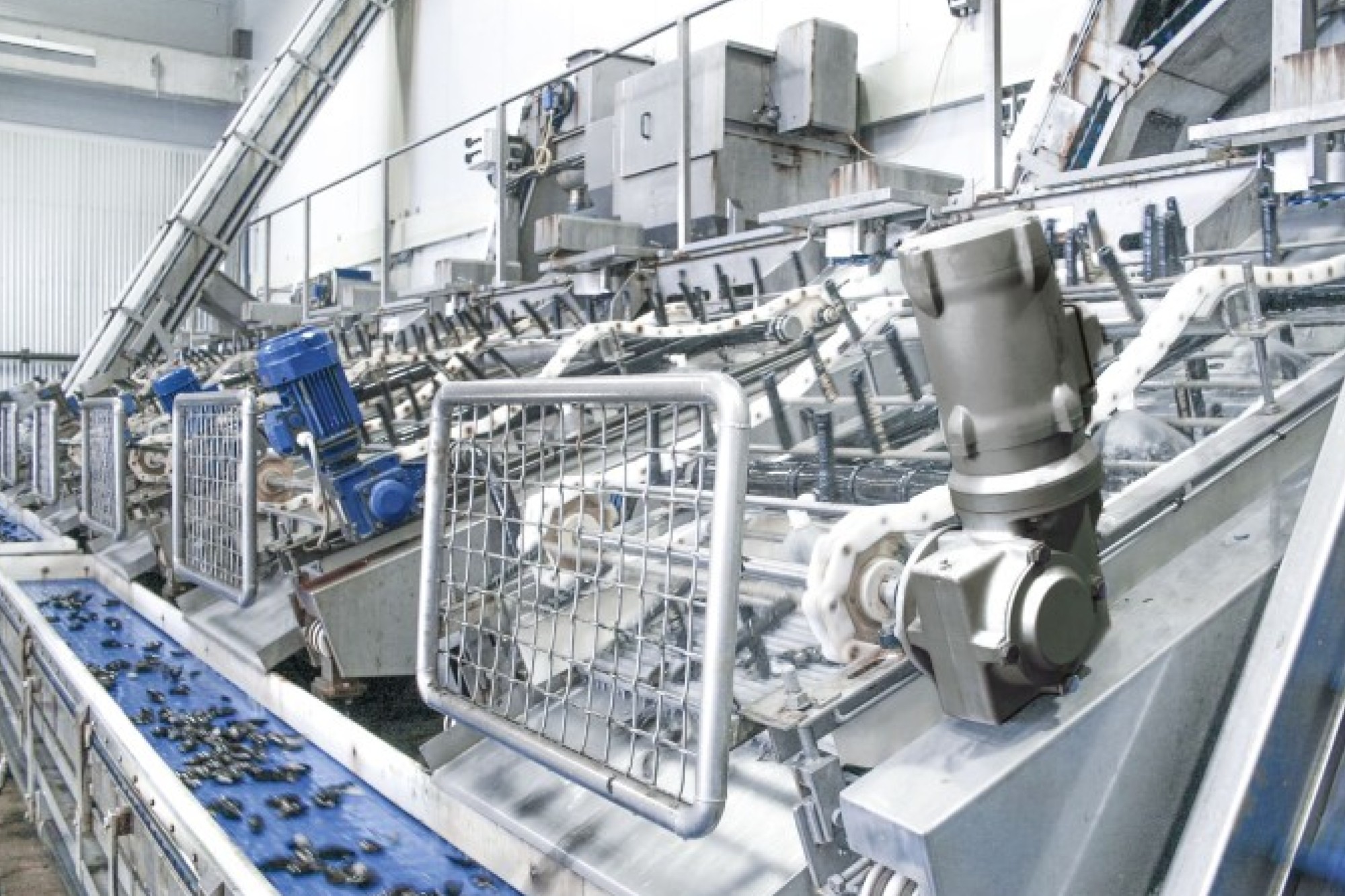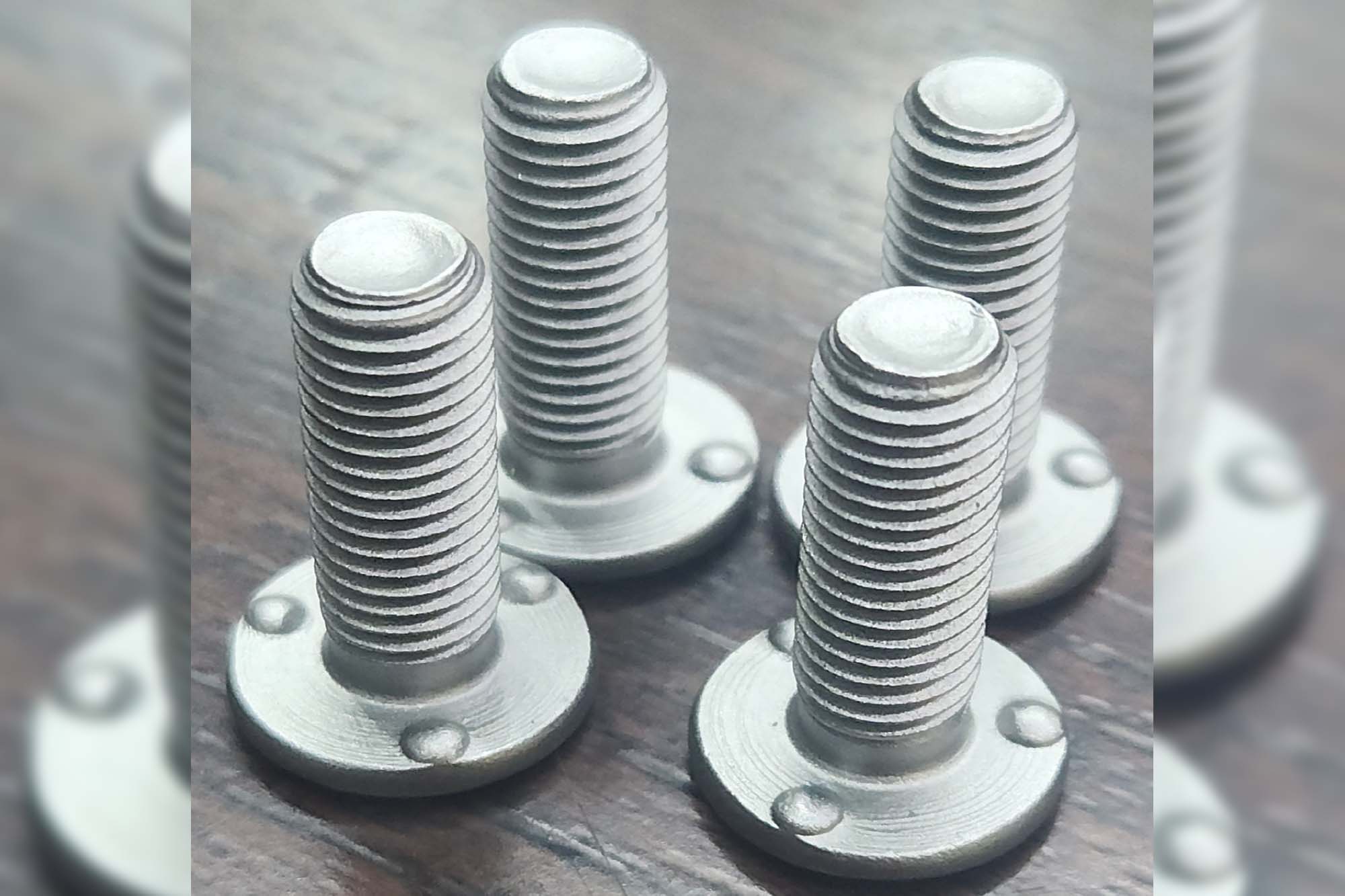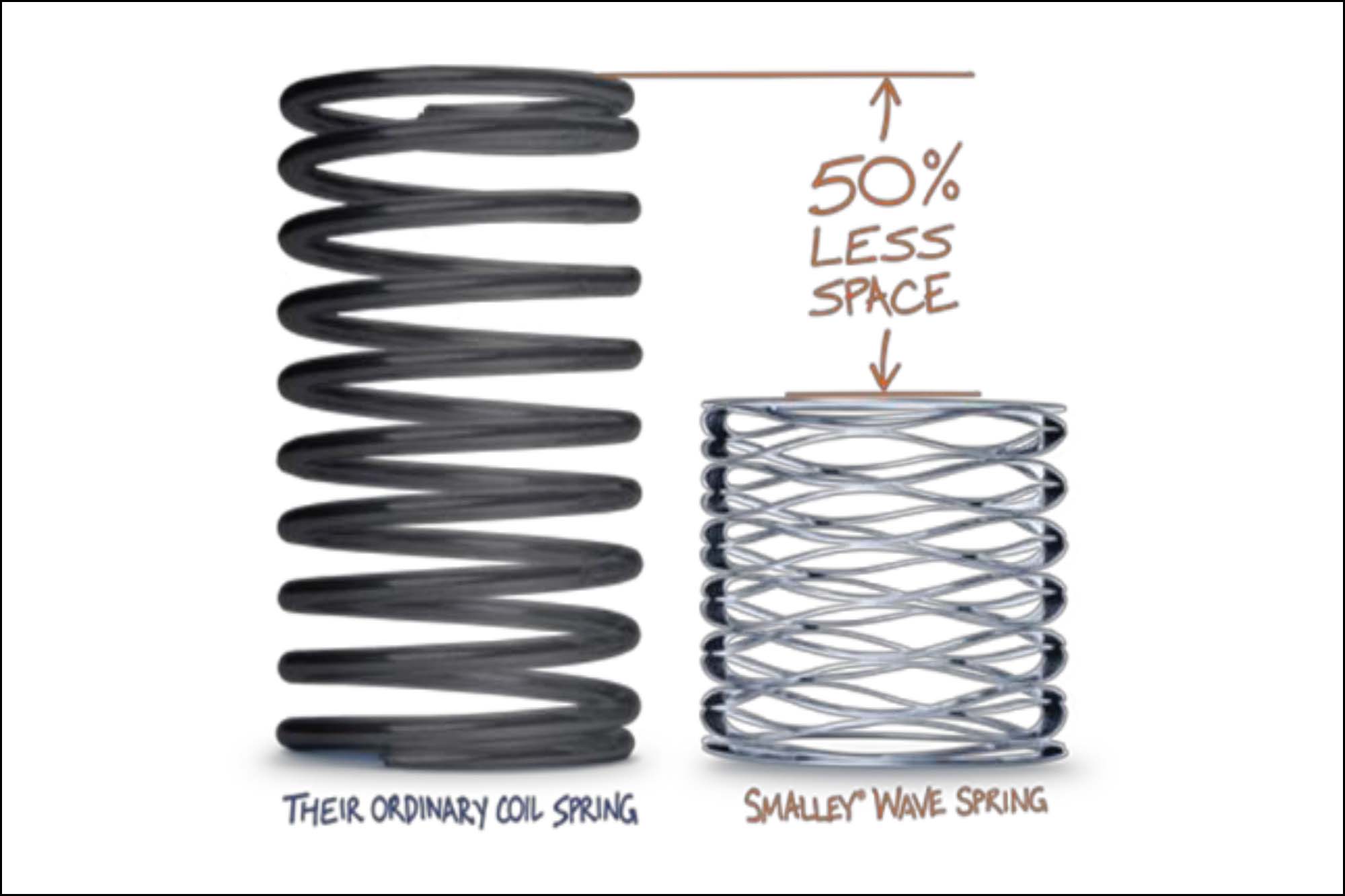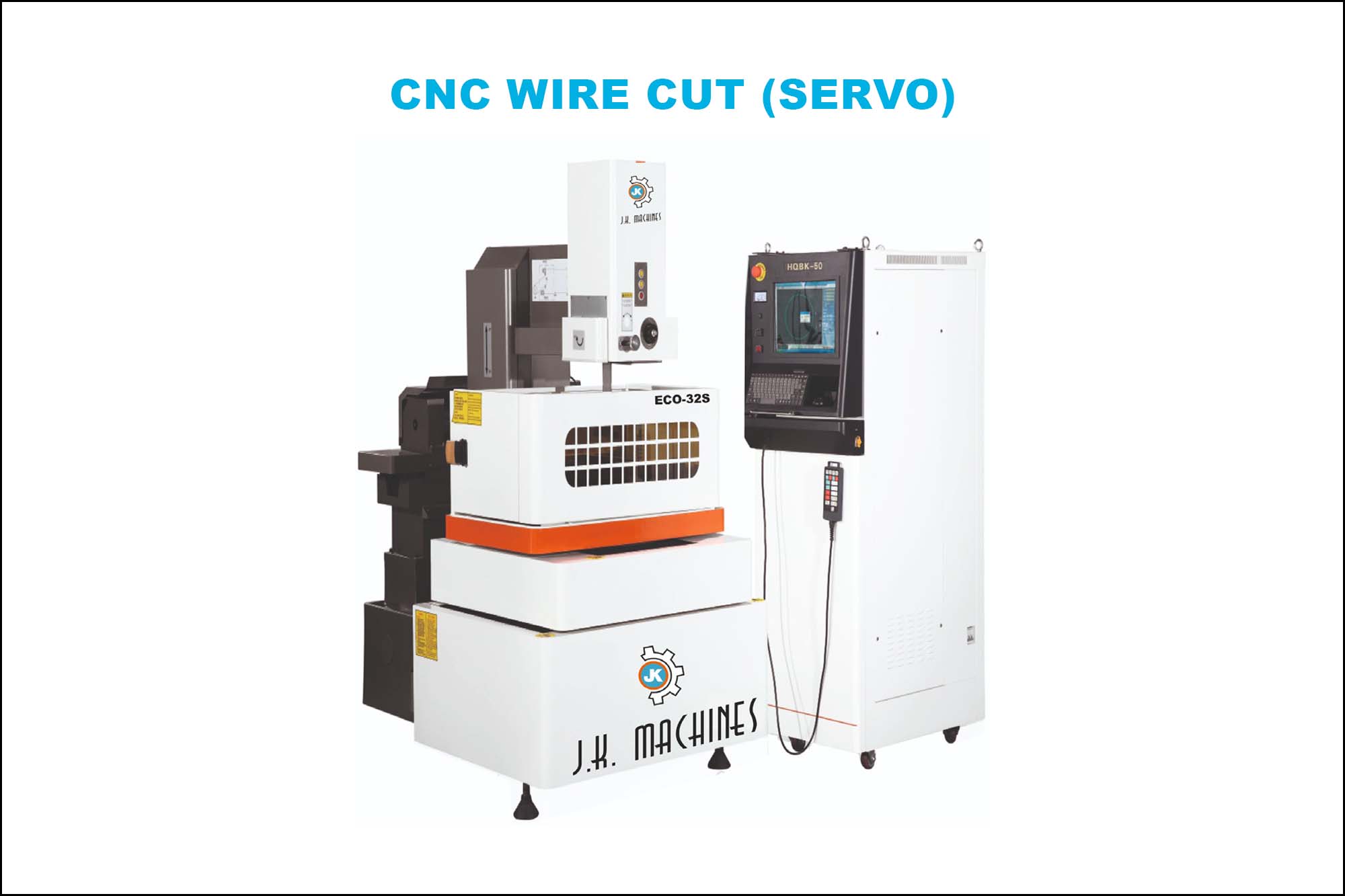Autonics offers a diverse lineup of I/O terminal blocks for various applications
By OEM Update Editorial October 5, 2023 6:43 pm IST
Various terminal blocks are available, including different numbers of terminals, terminal pitch sizes, installation methods and more. So, it simplifies connection with Autonics I/O terminal blocks and cables.
Electrical devices typically necessitate connections with other machinery across various industries. To achieve this connectivity, cables and terminals are essential.
I/O Terminal Blocks
The I/O terminal blocks serve as the means to connect multiple devices concurrently. I/O terminal blocks facilitate efficient wiring among electrical devices, ensuring a stable connection through insulating substrates. These connectivity solutions simplify installation and maintenance with straightforward connection methods. Typically, I/O terminal blocks find their placement within control panels or switchboards, enabling convenient connections and disconnections of diverse devices. Autonics offers a wide range of I/O terminal blocks tailored for various applications.
Users can select I/O terminal blocks depending on the required usage or environments. Various terminal blocks are available, including different numbers of terminals, terminal pitch sizes, installation methods and more. It makes connection easy with Autonics I/O terminal blocks and cables.
Common Terminal Blocks
Common terminal blocks allow power supply and distribution to various field instruments. Available common terminal blocks include:
- Screw connection type ACS series.
- Screwless connection type ACL series.
- Rising clamp type ACR series.
Common terminal blocks are equipped with common wiring on the PCB, not requiring jumper bars. Common terminal blocks are available in various numbers of terminal points for application in diverse environments.
· Screw Type | ACS Series
· Screwless Type | ACL Series
· Rising Clamp Type | ACR Series
Interface Terminal Blocks
AFS / AFL / AFR Series
Interface terminal blocks allow the delivery of input/output signals between control systems (PLCs) and field instruments. Available interface terminal blocks include:
- Screw connection type AFS series.
- Screwless connection type AFL series.
- Rising clamp type AFR series.
· Screw Type | ACS Series
· Screwless Type | ACL Series· Rising Clamp Type | ACR Series
Interface terminal blocks are available in various numbers of terminal points for application in diverse environments.
Sensor Connector Terminal Blocks
Sensor connector terminal blocks are ideal for power supply to various field instruments using sensor connectors (CNE series) and delivering in/output between field instruments and control systems, including PLCs. The sensor connector type AFE series I/O terminal blocks remove the need for wire stripping or additional tools, allowing easier and time-saving connections between devices.
· Sensor Connector Type | AFE Series
Relay Terminal Blocks
Relay terminal blocks receive PLC input signals and operate loads through contact points. Available relay terminal blocks include screw connection type AB S series and screwless connection type ABL series. Relay terminal blocks are available in various relay points, rated load current, and input logic models for application in diverse environments.
· Screw Type | ABS Series
· Screwless Type | ABL Series
SSR Terminal Blocks
Solid state relay terminal blocks are ideal for receiving an input signal from PLC and operating load through non-contact points. Available SSR terminal blocks include screw connection type ASS series and screwless connection type ASL series. SSR terminal blocks feature contactless relay terminal blocks compensating for wear problems and assuring a long life cycle and high-speed response. Users can utilize various lineups with diverse SSR points, rated load current, and input logic models for flexible applications.
· Screw Type | ASS Series
· Screwless Type | ASL Series
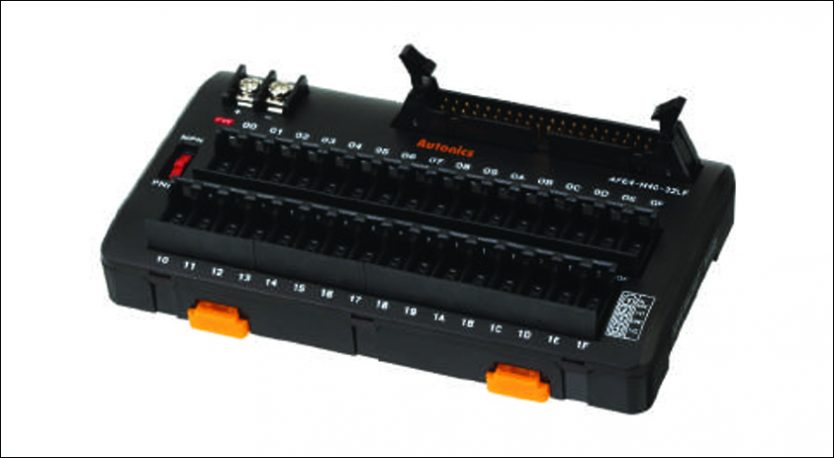
For more info, visit www.autonics.com or connect at: india@autonics.net.in
“𝗔𝘂𝘁𝗼𝗻𝗶𝗰𝘀, For a better, more convenient world”
Cookie Consent
We use cookies to personalize your experience. By continuing to visit this website you agree to our Terms & Conditions, Privacy Policy and Cookie Policy.



